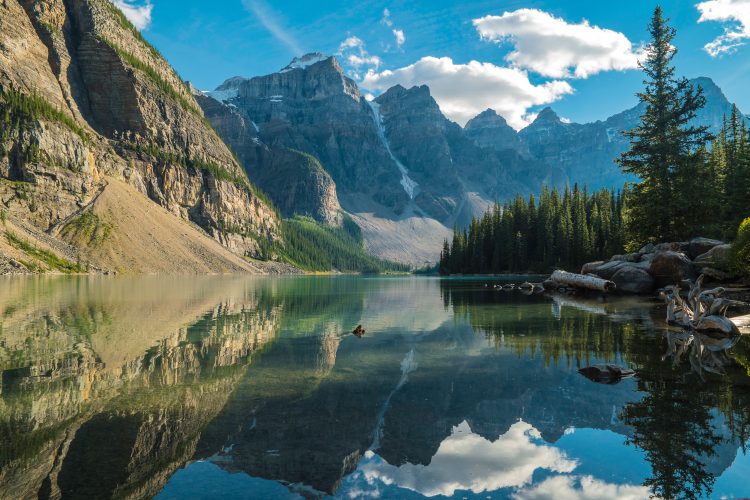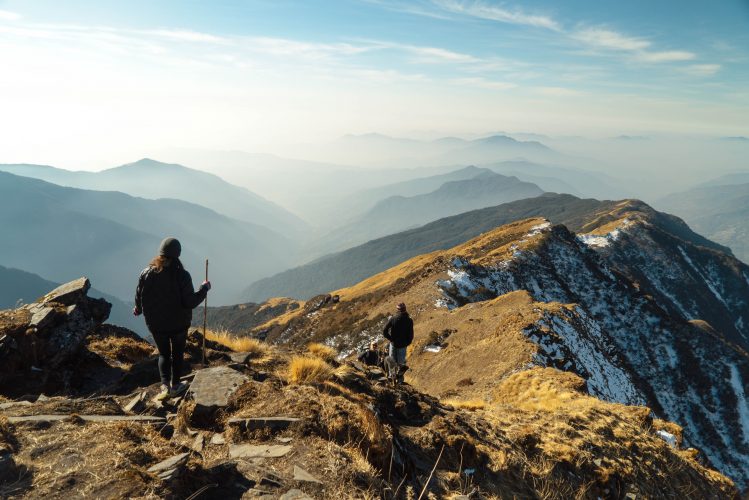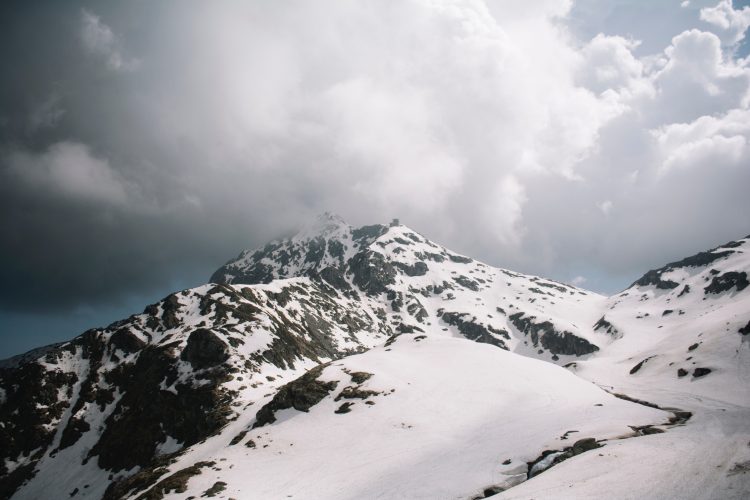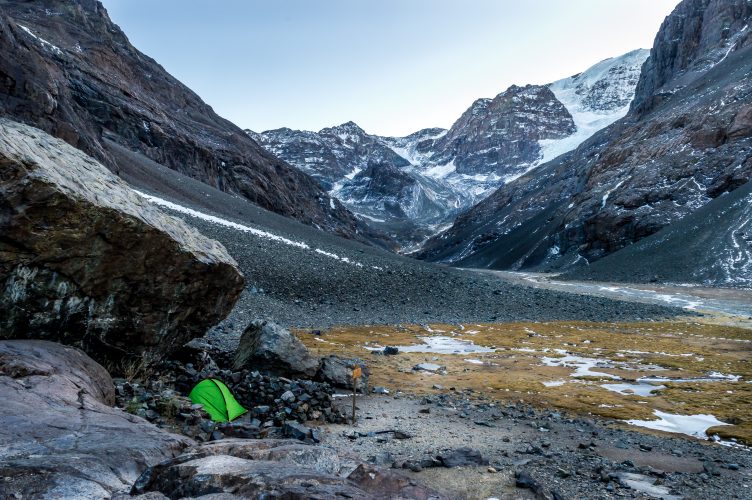5 Tips for Hiking in the Mountains

Regardless of whether you’re at the beginning of your hiking journey or if you’ve already conquered the highest mountain peaks, there’s a certain etiquette to hiking that each and every hiker needs to follow.
Those who are less experienced might use these five tips to jumpstart their hiking endeavors. More seasoned hikers can take them as a reminder of some of the most important rules surrounding tramping through the mountains.
Once you’ve got your head around these rules, you can relax and allow yourself to experience the true marvel of those mountain trails.
Plan ahead
Although it might be tempting to just plunge into the unknown and explore the great mountain wilderness, we highly recommend not jumping blindly into it.
Try to get a hold of a map of the mountain trails and plan your day accordingly. It’s best to get an early start and finish the hike well before dark, especially if this is one of your first mountain hikes.
If you’re a regular hiker but aren’t used to hiking in mountainous terrain, keep in mind that mountain trails can be more challenging than regular hiking trails. It will require you to, quite literally, pace yourself. Taking smaller steps will help you regain more strength and energy than taking wide leaps.

Also, keep the descent in mind. While it might look less challenging than climbing upwards, it can be just as challenging and dangerous if not taken seriously. Make sure to get plenty of rest at the summit. Remember to rehydrate and replenish your energy before heading back down. And don’t forget to watch your step!
One of the most important things to take into account is altitude sickness. If you’re not used to climbing high mountains, make sure to prepare yourself first. The best way to do this is to exercise regularly and keep your fitness levels up. Most importantly, start by hiking at lower altitudes until your body gets used to the elevation.
What’s the weather like?
Another thing to keep in mind is the weather conditions. It’s very smart to check the forecast to make sure you won’t get caught in a storm.
It’s also important to note that the higher you go, the colder it will get, so try to equip yourself properly (more on that in the following section.)
Mountain weather is known to be unpredictable, so it’s a good idea to keep an open mind and be ready for anything that might come your way.
Lastly, if you’re not an experienced hiker, we highly recommend avoiding winter hikes in the mountains, as they’re far more challenging and require much more planning than summer or fall hikes.

Equip yourself
Depending on your experience level, the length of your hike and the mountain trail itself, you might want to adjust your packing list accordingly. The general rules is to pack the essentials but keep your pack as light as possible.
If you’re having trouble figuring out what the bare necessities are, let’s start with a list of basics:
- Sturdy backpack
- Appropriate clothing (weather-resistant + layers!)
- Appropriate footwear (hiking boots with a strong grip + quality hiking socks)
- Warm hat (yes, even in summer)
- Food and water (superfood bars are a great option)
- Map & compass (don’t rely on your phone navigation system)
- Swiss-army knife
- Medical kit
- Optional hiking poles
For overnight hiking trips, you might want to consider including some of the following items:
- Flashlight
- Means to start a fire (if permitted)
- Water purifiers
- A backpacking stove
- Shelter (trap or tent)
- Battery pack for charging electronic devices
- Extra food/drinks/clothing

Stay in touch
One of the most important tips for less experienced hikers is to never go hiking alone. This is a simple safety precaution that can save lives. Even more professional hikers prefer to hike in groups or in pairs.
Ultimately, if you do decide to hike alone, make sure to leave your itinerary with your friends and family.
Chances are that you’ll be cut out from the rest of the world and you won’t be able to use a smartphone in case of emergency. Some hikers make use of emergency devices such as satellite messengers or personal locators to give them (and their family members) peace of mind while out in the great outdoors.
Leave no trace
Nature is amazing, right? I think we can all agree on that.
Our goal as adventurers is to explore the beauty of our surroundings without compromising its authenticity or leaving a mark behind.
Make sure to respect the nature which supports and surrounds you and leave it as you’ve found it, taking all of your rubbish with you.